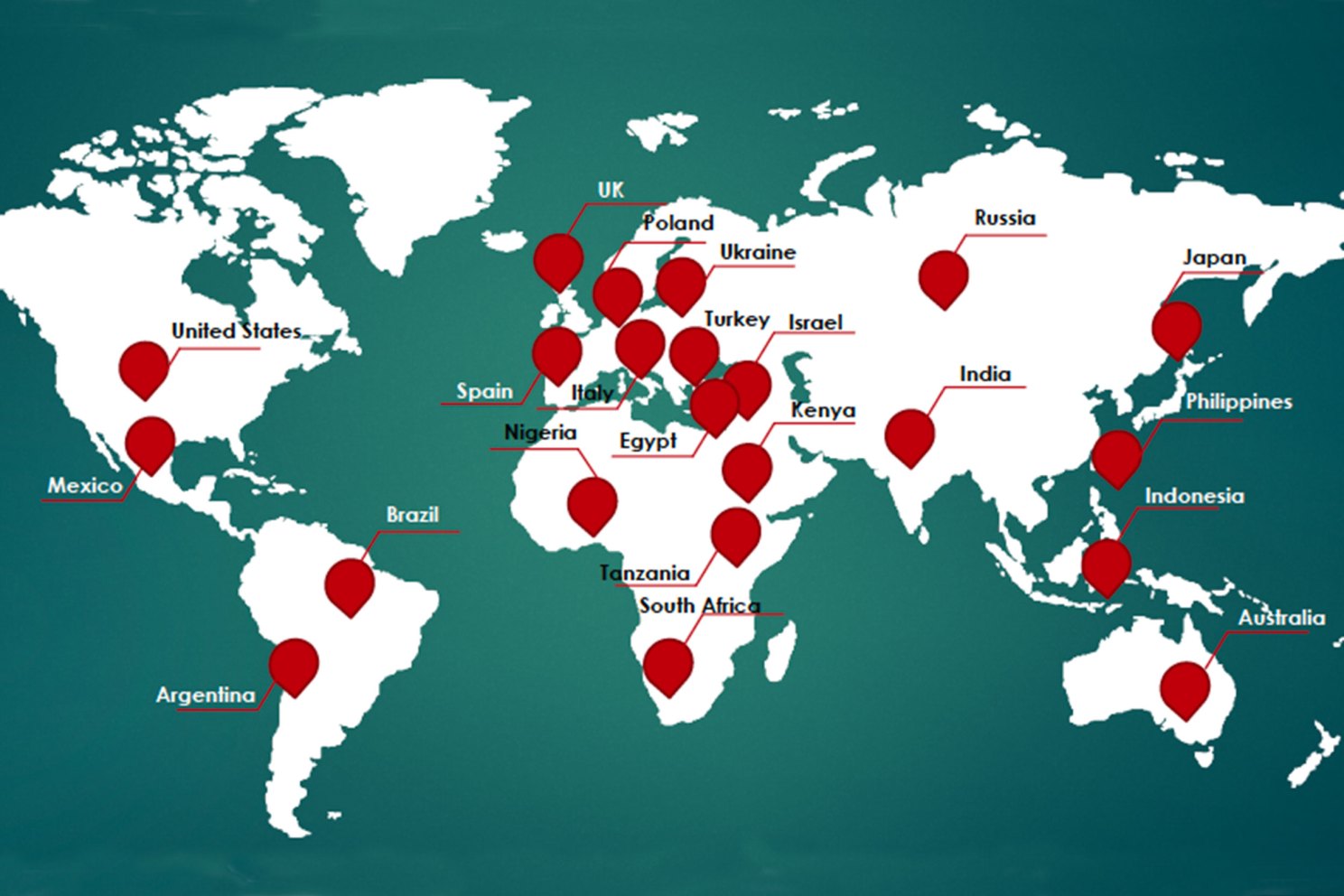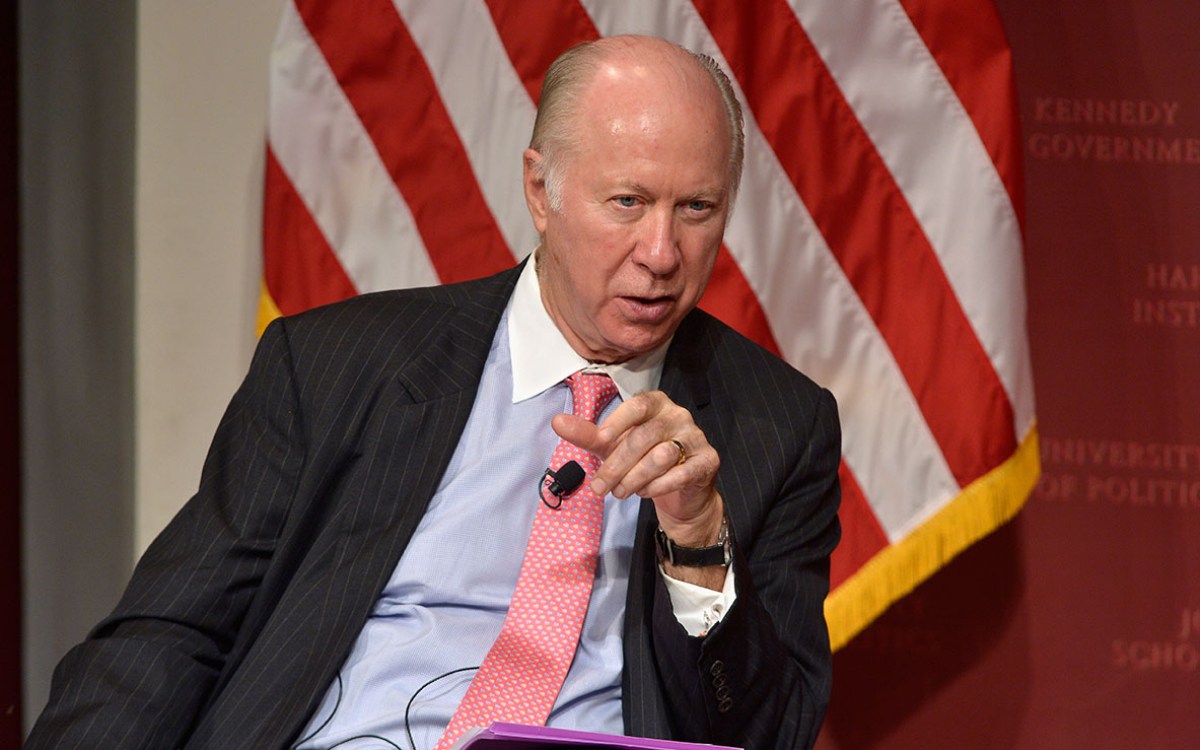Long-term study to look at human flourishing

The study will involve data collection for approximately 240,000 participants, from 22 geographically and culturally diverse countries. Courtesy of Human Flourishing Program
What does it mean to live well? To be truly healthy? To thrive? Researchers and clinicians have typically answered these questions by focusing on the presence or absence of various pathologies: disease, family dysfunction, mental illness, or criminal behavior. But such a “deficits” approach tells only so much about what makes for a life well-lived — about what it means to flourish.
Researchers from the Human Flourishing Program at Harvard’s Institute for Quantitative Social Science are partnering with Baylor’s Institute for Studies of Religion to launch the largest initiative of its kind to investigate the factors that influence human flourishing.
This $43.4 million initiative — The Global Flourishing Study — will involve a five-year study of 240,000 individuals, representing 22 countries globally, with annual data collection across a broad range of well-being outcomes. This effort includes the data collection and management expertise of Gallup and the Center for Open Science.
“The Global Flourishing Study is exactly the type of work needed to deeply understand the interplay of key elements in human experience that help us live well, be happy, and experience a sense of meaning and purpose,” said project co-director Tyler VanderWeele, the John L. Loeb and Frances Lehman Loeb Professor of Epidemiology and director of the Human Flourishing Program at Harvard. “The longitudinal research design will allow us to substantially advance scientific knowledge on the determinants of human flourishing.” (VanderWeele has published key articles on the assessment of human flourishing in leading scientific journals such as JAMA and the Proceedings of the National Academy of Sciences.)
Project director Byron Johnson, Distinguished Professor of the Social Sciences and director of the Institute for Studies of Religion at Baylor, also commented on the data’s significance for better understanding the role of religion in a global context: “It’s an extraordinary opportunity for the Baylor-Harvard team to lead a panel study like this. Because our sample size is so large, we will be able to examine all of the world’s great religions and the role, if any, that they play in human flourishing.”
The Global Flourishing Study will be an open-access data resource that will be available to researchers, journalists, policymakers, and educators around the world. The study is being supported by a consortium of funders including the John Templeton Foundation, the Templeton Religion Trust, the Templeton World Charity Foundation, the Fetzer Institute, the Paul Foster Family Foundation, the Wellbeing for Planet Earth Foundation, the Well Being Trust, and the David & Carol Myers Foundation.
A detailed report from Gallup on the survey development process is available and includes the final set of survey questions. Further information on the study and access to the data can be found at the Human Flourishing Program.




